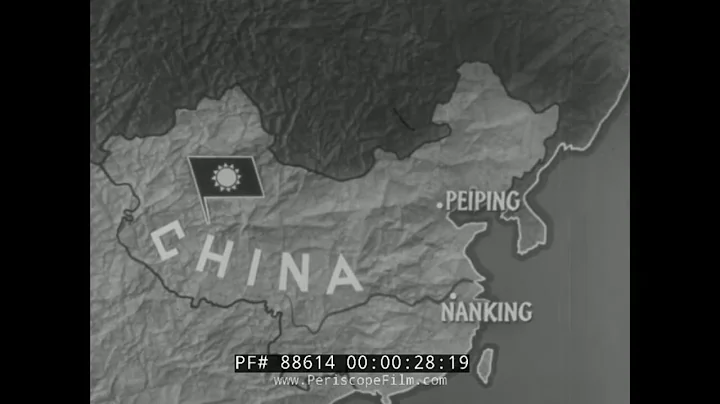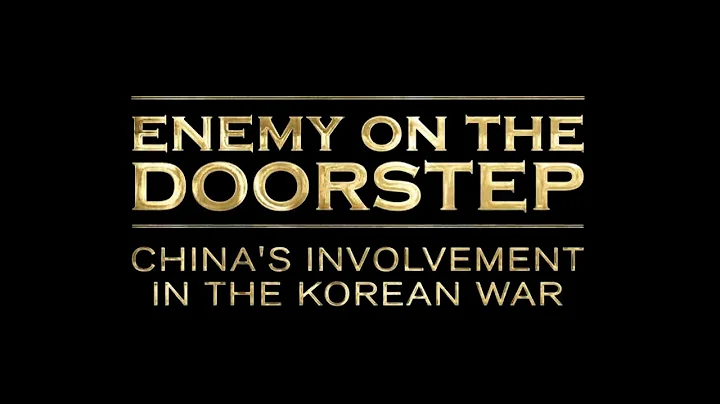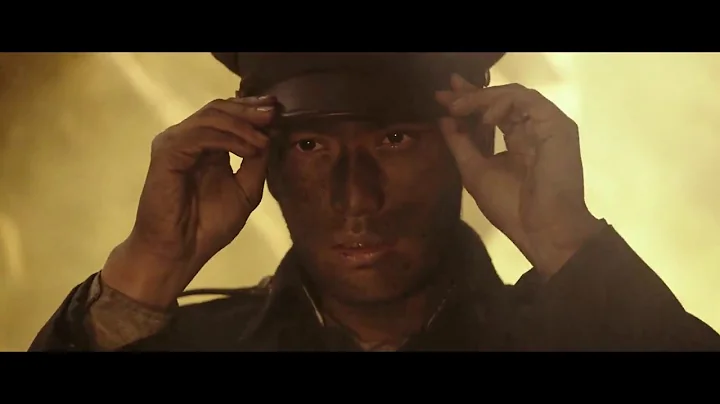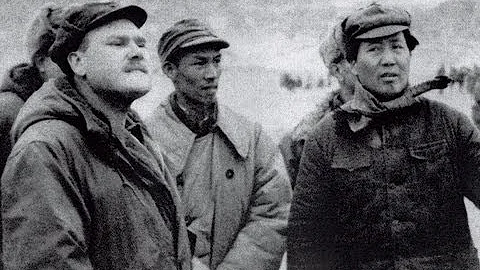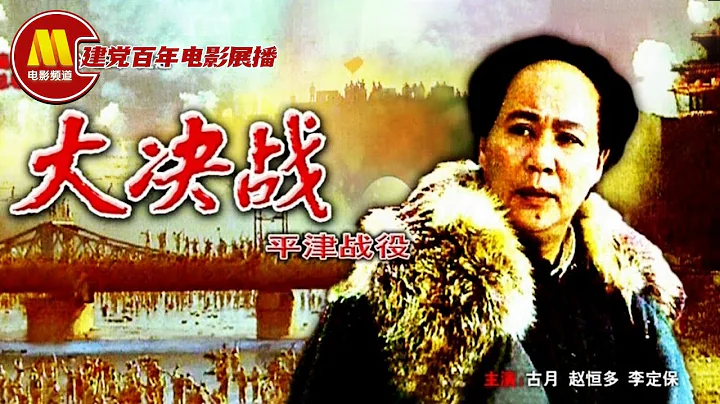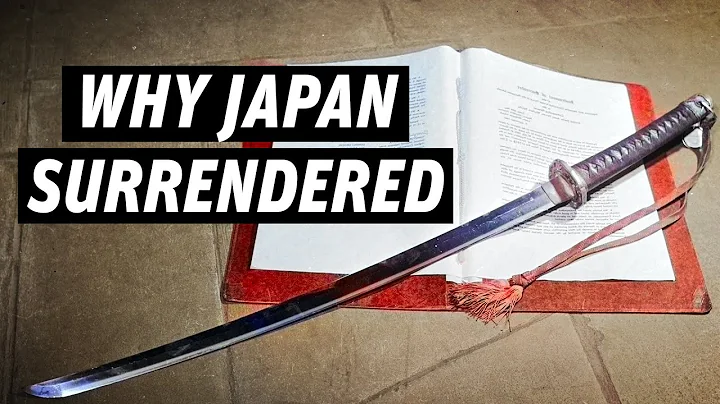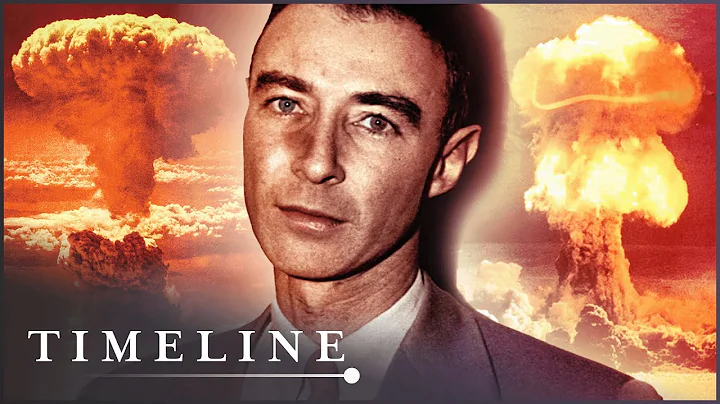The 25th Army led by Huang Baitao and Huaye led by Su Yu can be regarded as fateful enemies to a certain extent.
Although after the Liberation War broke out in full force, the East China Liberated Areas endured a lot of pressure. Three of the five main forces of the Kuomintang army were here, but the truly difficult enemy was Huang Baitao.
If it is not counted in a strict sense, Huang Baitao should be considered a direct descendant, but if it is counted in a strict sense, Huang Baitao is not considered a direct descendant.
Huang Baitao did not graduate from Huangpu , nor even graduated from Baoding Military Academy . Huang Baitao first joined the army in the Jiangxi Army, and later joined the army to join the Beiyang Government Shandong Military Affairs Supervision Office Zhang Zongchang , in 1928, Following Zhang Zongchang's Xu Yuanquan's Sixth Army, they defected to Chiang Kai-shek . But among the direct lineage of Chiang Kai-shek, Huang Baitao was the type of person Chiang Kai-shek looked down upon the most.

Chiang Kai-shek
Chiang Kai-shek, as usual, would first remove all generals who had defected to the army from their posts, and then send them to the Army University under the euphemistic name to study. It should be pointed out that for generals directly under Chiang Kai-shek, entering the mainland was equivalent to entering the mainland. Having an extra identity would make it easier to be promoted after coming out. For generals of the miscellaneous army, it was a way for Chiang Kai-shek to deprive him of military power.
Huang Baitao also knew that he had no backing in the Kuomintang army, so he studied hard when he was in mainland China and tried to have a strong leg.
During the Anti-Japanese War, Huang Baitao was appreciated by He Yingqin and was recommended to the third theater Gu Zhutong as chief of staff. However, Gu Zhutong also looked down on Huang Baitao at first. Later, in the Wannan Incident, Huang Baitao acted as a vanguard and fought against The New Fourth Army was so deadly that it was later appreciated by Gu Zhutong.
Facts have proved that having an extra thick leg is still of great benefit.

Huang Baitao
In 1944, Huang Baitao was promoted to commander of the 25th Army.
It should be pointed out that the 25th Army of the National Revolutionary Army is a direct descendant of the Central Army. It was an army specially formed by Chiang Kai-shek in 1938 from the 52nd Division and the 190th Division in order to strengthen the defense power of the Wuhan area. It is not a rumor. Among the miscellaneous brands.
Since Huang Baitao became the commander of the 25th Army, he has tried his best to cultivate the army. He not only strictly put an end to the behavior of taking empty pay , but also increased the training and education of the army, so that the 25th Army quickly They stood out. Although after the victory of the Anti-Japanese War, the 25th Army did not replace all the beautiful weapons and equipment, but it did replace them with all the Japanese weapons and equipment.
This is undoubtedly the basis for the 25th Army's later strong combat effectiveness, because Japanese weapons and equipment do not consume as much ammunition as American weapons and equipment, and it is easy to obtain replenishments.
In September 1945, after the victory of the Anti-Japanese War, the Kuomintang authorities reorganized the army to prepare for war and carried out large-scale reorganization of the troops. The 25th Army was renamed the 25th Reorganized Division, and Huang Baitao was appointed as the division commander.
In June 1946, after the full-scale civil war broke out, Huang Baitao's reorganized 25th Division was assigned to the First Appeasement Zone and officially participated in the attack on our army's East China Liberated Area.

In the entire Central Jiangsu Campaign, although the Central China Field Army led by Su Yu had seven battles and seven victories and wiped out more than 53,000 enemies, the battle with Huang Baitao maintained an unbeatable situation. Huang Baitao's reorganization In the Battle of Central Jiangsu, the 25th Division cannot be said to have suffered no losses. It can only be said that the losses were very small. Although our army focused all its attention on people like Hu Lian and Zhang Lingfu at that time, Huang Botao became that one. The most destructive snake in the dark.
In January 1947, Huang Baitao led the reorganization of the 25th Division to participate in the "Shandong Battle" plan formulated by the Kuomintang army. At that time, the reorganized 25th Division was under the command of the Ouzhen Group and was located on the right side of the main assault group. However, Huaye did not choose to fight with it in this battle. Instead, he gave up Linyi and went north to Laiwu to fight against the Li Xianzhou Group. At that time, the Kuomintang The army wanted to mobilize Huang Baitao and other divisions to rush to Laiwu, but it was too late.
In May 1947, Chiang Kai-shek formulated a plan to attack the Yimeng Mountains. He mobilized a total of 24 reorganized divisions from Tang Enbo, Ou Zhen, and Wang Jingjiu to attack the Yimeng Mountains. Huang Baitao's 25th Reorganized Division was placed in the first place. Tang Enbo Department of the Corps sequence.
In the entire battle in the Yimeng area, Tang Enbo's First Corps focused on the reorganized 74th Division as the main attack, flanked by Huang Baitao's reorganized 25th Division and Li Tianxia's reorganized 83rd Division.
Considering that our army is good at concentrating its main force and seizing breakthroughs in mobile warfare, the tactics adopted by the Kuomintang army are still the intensive approach strategy in the Laiwu battle, which has brought great trouble to our army. Chen Yi and Su Yuzai After considering the situation on the battlefield, they took the initiative to retreat in search of fighter opportunities. Chiang Kai-shek and Gu Zhutong thought that the retreat of the East China Field Army was due to fatigue of the offensive and inability to fight decisively, so they changed the steady and steady attack and forced the three corps to speed up the advance and encircle them.
html On May 10, Chiang Kai-shek ordered three corps to boldly advance towards the Boshan and Mingshui areas. Tang Enbo's First Corps on the right changed its steady and steady attack posture, with the reorganized 74th Division as the backbone, and under the cover of flanking troops, attacked the Tanbu area of Duozhuang and Taoxu, in an attempt to take the opportunity to occupy the highway from Yishui to Mengyin.

Although this is the impetuous advance of the First Corps, which has changed the KMT army's steady and steady attack situation, but the eight reorganized divisions cooperate with each other, and our army still has difficulty in getting a chance to fight.
htmlOn May 12, the reorganized 74th Division marched to Taowu and Mengyin, and was transferred to the command of Huang Baitao.
At that time, the Reorganized 25th Division led by Huang Baitao was covering the flanks of the Reorganized 74th Division. Taking into account the strategic requirements of a steady and steady attack, Huang Baitao led his troops to capture Tianmaling and Xiabangling and wait for the reorganized 83rd, 74th, and 2nd Reorganized Divisions on the flanks. We will act together after the 15th and 65th divisions arrive.
It should be said that Huang Baitao's ideas were prudent, but Zhang Lingfu relied on his elite troops and ignored Huang Baitao's strong persuasion to send troops alone to occupy Menglianggu, 60 miles southeast of Mengyin.
The result of the incident is already obvious. Zhang Lingfu was eventually wiped out, and Huang Baitao's reorganized 25th Division also suffered heavy losses in the rescue effort.
Afterwards, Chiang Kai-shek blamed Huang Baitao for not saving him, but it was Gu Zhutong who managed to survive and continue to serve as the commander of the 25th Reorganized Division.
Although during the Liberation War, Huang Baitao's troops usually fought together, the pressure on our army was great. Especially after Huaye divided his troops and jumped to outside operations, Huang Baitao almost suppressed Xu Shiyou in the Jiaodong area. During the battle, the six reorganized divisions of the Kuomintang army occupied almost the entire Jiaodong area. Fortunately, at that time, the Huaye Front Line Corps and Liu and Deng's army were conducting operations in the Central Plains, which attracted Chiang Kai-shek's attention.
So in November 1947, Chiang Kai-shek ordered Huang Baitao's reorganized 25th Division to be transferred to the Dabie Mountains of Anhui Province, which allowed the troops in the Huaye and Jiaodong areas to breathe a sigh of relief.
However, in the subsequent East Henan Campaign , Huang Baitao once again became a spoiler. After our army completed the occupation of Kaifeng and annihilated the District Shounian Corps, Huang Baitao was ordered by Chiang Kai-shek to be transferred to the East Henan battlefield. Among the Kuomintang troops, Huang Baitao was the most decisive in his actions and the most tenacious in blocking our troops, so that Huaye suffered heavy losses during the breakthrough.
In view of Huang Baitao's bravery, Chiang Kai-shek later held a military conference in Nanjing and not only personally awarded Huang Baitao the Medal of the Blue Sky, but also promoted Huang Baitao to be the commander of the Seventh Corps.
When Huang Baitao's 7th Corps was established, it had only three armies, namely the 25th Army, the 63rd Army, and the 64th Army.
However, during the Huaihai Battle, two more armies were forced into the army, namely the 100th Army and the 44th Army. To be precise, Huang Baitao was also dragged to death by these two armies.
Strictly speaking, the East China Field Army chose Huang Baitao Corps at the beginning of the Huaihai Campaign. Assuming that there were not so many accidents, Huang Baitao Corps would not be completely wiped out. However, the tenacity of Huang Baitao Corps still made Huaye A considerable price was paid.

Su Yu (second from left)
Among the five armies of Huang Baitao Corps, the 63rd Army was wiped out in Yaowan Town before they entered Nianzhuang, followed by the 44th Army and the 100th Army. These two armies were later allocated to Huang Baitao's troops were not very agile in commanding, but Huang Baitao's most elite 25th Army, his direct lineage, held out until the end. Our army paid the price of more than 27,300 casualties.
Many years later, when Su Yu talked about this battle again, he said that he had only been nervous twice in his life when commanding a war. The first time was the Subei Battle fought after the first meeting of the Central China and Shandong Field Army because both sides They were not familiar with each other's tactics, so it was difficult to cooperate with each other. Another time was the Battle of Nianzhuang. At that time, the combat strength of Huang Baitao's regiment was underestimated. As a result, it hit a wall later and the troops fought very hard.
After the news of the front-line victory came, Su Yu was excited. When he stood up, his feet suddenly became weak and he fainted. This incident was later spread by rumors, and when Su Yu heard that his old enemy Huang Baitao had committed suicide, he fainted with joy.
